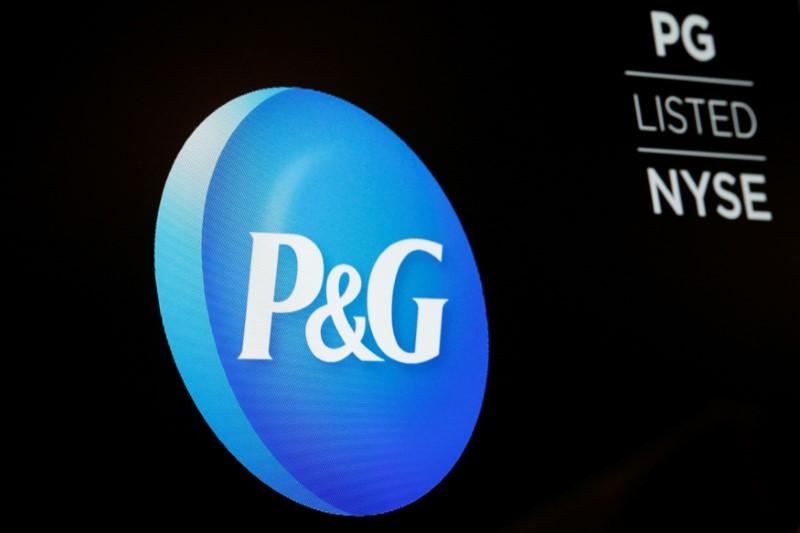Trump trade chief rips Procter & Gamble over tariff warning, profits
After Procter & Gamble (P&G) slammed President Trump’s tariffs, White House National Trade Council Director Peter Navarro, on Tuesday, denounced the business practices of the American multinational consumer goods corporation.
In a letter addressed to the office of the U.S. Trade Representative, P&G said the latest round of tariffs would raise prices, hurt sales and threaten jobs.
“These imports are necessary to P&G’s ability to delight consumers and meet their needs,” said P&G’s vice president of government relations and public policy, Selina Jackson. “Higher costs from tariffs may also translate into higher prices, reduce P&G sales and undermine American jobs in the P&G U.S. operations.”
However, Navarro disputed the comments and criticized them for profiting from cheaper goods made in China.
“This argument about prices -- there’s very high cost to low prices,” Navarro told FOX Business’ Maria Bartiromo. “I mean, where was Procter & Gamble for the last 15 years when they were making profits on lower prices from cheap subsidized goods from China and we were losing over 70,000 factories and over 5 million manufacturing jobs and our wages were stagnant?”
The Trump administration last week ordered a new round of tariffs targeting $200 billion worth of Chinese goods at a rate of 10 percent. Beijing countered with new levies on $60 billion worth of goods, at a rate between 5 to 10 percent.
Navarro argues that the tariffs would even the trade playing field with China and boost America’s economy.
“If you look at this as an economist, what you see is the use of tariffs to pull down the unfair trade practices and tariffs in these foreign countries, but you also see it as a way to build capacity here,” he said. “Wages go up, jobs go up, factories get built, investment goes up and that’s how you build a strong America. That’s how President Donald J. Trump is making America great again.”
The world’s two biggest economies have been engaged in a tit-for-tat since the trade dispute began in July. They have already imposed tariffs on $50 billion worth of each others’ exports.




















